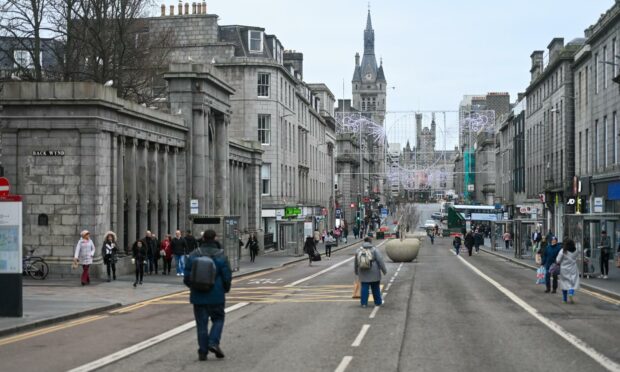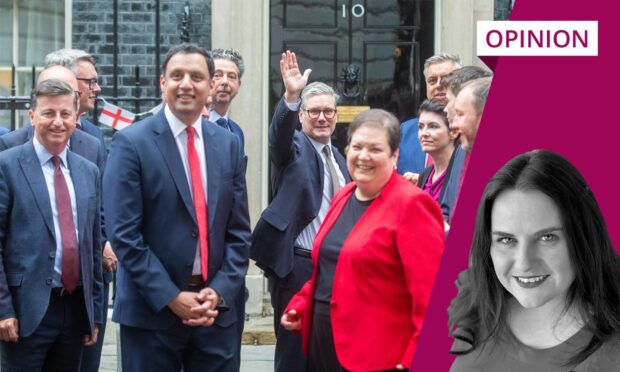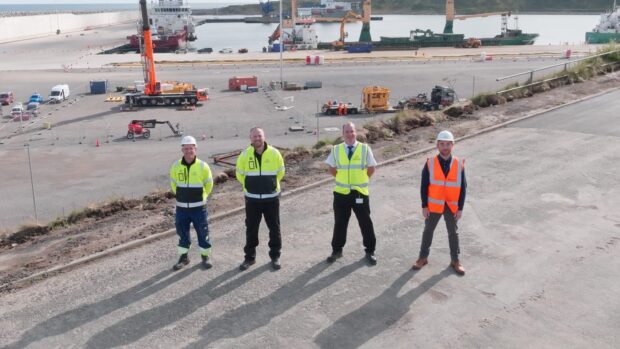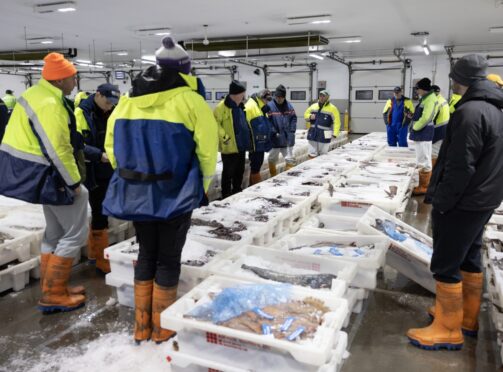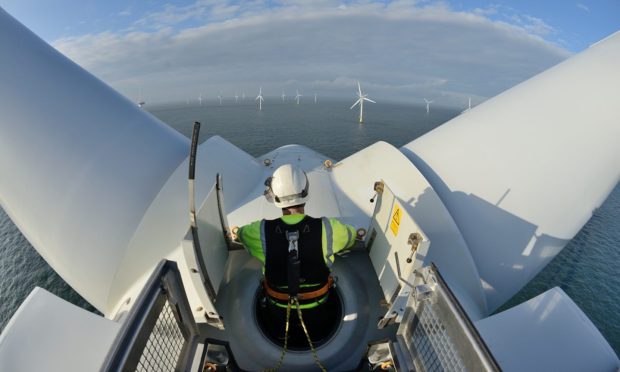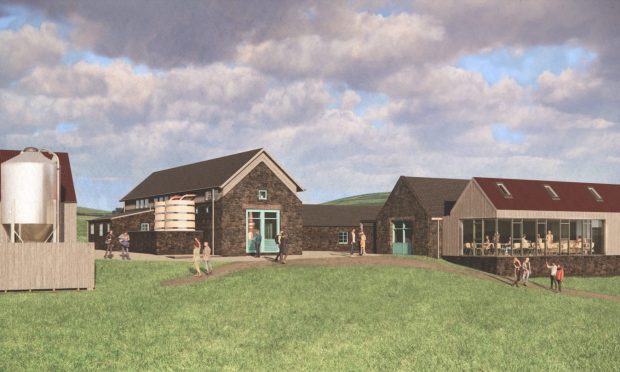Scottish business confidence has fallen during December, with a three percentage point slide to a 24% net balance of firms feeling positive about future prospects.
The latest Bank of Scotland (B0S) Business Barometer shows the overall business mood in Scotland some way behind UK business confidence, which was unchanged from November’s reading at 40% overall.
But there are still signs of ongoing recovery across different sectors.
And a net balance of 23% of businesses in Scotland expect to increase staff levels over the next year, up nine percentage points on last month.
Economic outlook worse
Companies north of the border reported lower confidence in their own business prospects month-on-month, down one point at 22%.
Factoring in their hopes and fears for the wider economy, with optimism down six percentage points to 26% on this measure, gives the headline confidence reading of 24%.
The Business Barometer, which questions 1,200 firms monthly, captured responses between November 26 and December 10, during which the Omicron Covid variant emerged.
While UK business confidence remained above the long-term average of 28% during the second week of sampling, confidence fell to 32%.
BoS commercial banking regional director Fraser Sime was encouraged to see levels of business confidence across Scotland “remain strong”, especially in the face of “clear challenges”.
Mr Sime added: “The pandemic continues to cause disruption for many and the reintroduction of some restrictions will pose difficulties, particularly for those in the hospitality and leisure sectors who may find festive celebrations quieter than they hoped for.
“As we look to the new year, we’ll be by the side of Scottish firms helping them to unlock growth opportunities and navigate the challenges ahead.”
Covid cloud ever-present
Despite potential challenges from the new Covid-19 variant on the horizon, firms UK-wide remained positive about their future trading prospects, up four percentage points month-on-month to 43%.
The net balance of businesses planning to create new jobs also increased, by three points to 33%.
Optimism over the economy remained positive at 38%, down just three points on November’s result.
Changes in industry sector
In the industry sectors, construction recovered to 39% from November’s seven-month low of 28%, following a minor easing in supply-chain disruptions.
Despite a slight fall in confidence in manufacturing to 40%, trading prospects in the sector have remained higher than the whole economy throughout this year.
There were also small declines for retail and services, 43% and 39% respectively, ahead of the festive period.
There have been marked differences in these sectors in recent months, with notable strengths in the professional services sector, including finance, and in IT/communications.
Hospitality at its lowest ebb since Q1
But the current three-month average sentiment among hospitality firms is at its lowest level, 24%, since the first quarter of the year (4%).
This has been fuelled by a significant monthly drop of 48 percentage points to 6% between November and December.
Paul Gordon, commercial banking managing director for SME and mid corporates at BoS sister bank, Lloyds, said: “December’s Business Barometer shines a light on the resilience of the UK’s sectors and regions.
“However, businesses need to remain cautious as they move into 2022 as demand is set to be impacted by the rise of Omicron and likely tightening of restrictions across the UK.”
